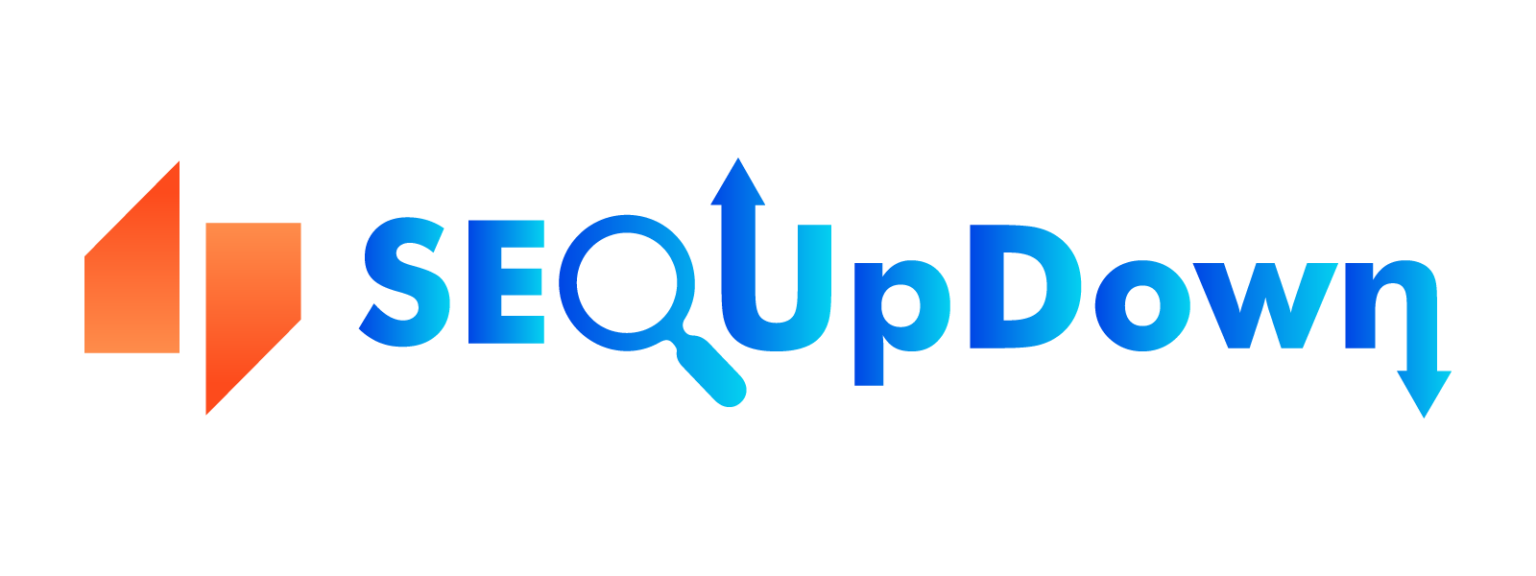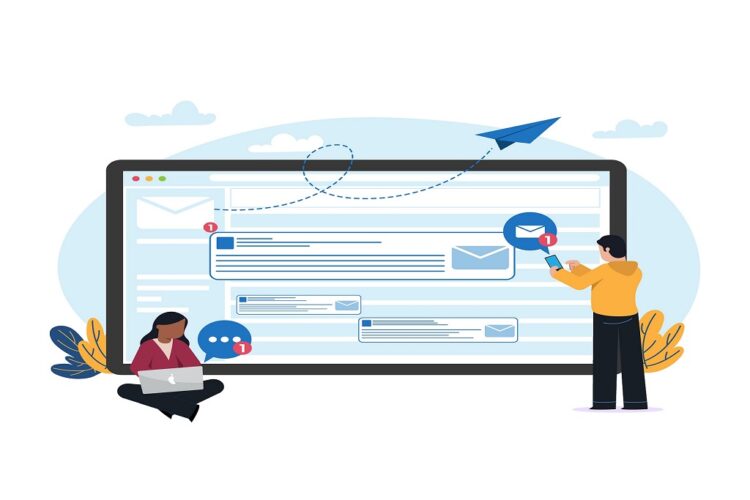
Introduction
Due to the increase of online businesses, SEO (Search Engine Optimization) is essential to any effective online advertising effort. SEO, or search engine optimization, improves a website’s exposure in SERPs for specified keywords and phrases. This will increase brand awareness, targeted internet traffic, and the company’s reach.
SEO cannot be overstated. Search engines have overtaken traditional discovery methods since so many people use the internet. Current data shows that 93% of online interactions start with a search engine, highlighting the value of a strong SERP ranking for any online business.
SEO has two main subsets: on-page and off-page. On-page SEO improves text, meta descriptions, and URL structure. Off-site SEO comprises link development and social media promotion.
This post will summarize on-page and off-page SEO best practices for readers. Search engines will rank your site higher and send more visitors if you follow these guidelines.
This article’s second section covers on-page SEO, or search engine optimization, and its dos and don’ts.
On-Page SEO
Search engine optimization (SEO) is one of the most effective digital marketing strategies. On-page and off-page optimization make up SEO. We’ll discuss on-page SEO, its importance, what to do, and more.
Definition of On-Page SEO
Websites can increase their search engine rankings and attract more natural, or unpaid, visitors by engaging in on-page SEO. Search engine optimization (SEO) is the process of enhancing a website so that it performs better in organic search results.
Importance of On-Page SEO
Improving a website’s discoverability, ranking, and organic traffic generation all depend on the work that is done on each page. If you want search engine spiders to grasp your site’s content and structure, you must optimize your pages. This increases the likelihood of achieving a high search engine ranking for targeted keywords, which in turn increases the volume of organic visitors and, ultimately, the amount of money made.
Dos
1. Keyword Research and Implementation
Searching for relevant keywords is the first and most important step in on-page SEO. Find keywords that are frequently used by your audience and work them into the content. Make sure, though, that you don’t resort to keyword stuffing.
2. Improvements to The Optimization of Meta Tags
On-page SEO requires title tags and meta descriptions. Ensure sure meta tags are concise, distinctive, and keyword-optimized.
3. Production of High-Quality Content
On-page SEO is all about the content (SEO). Make sure the information is original, interesting, and useful for your target audience. Keywords and links to internal and external resources optimize content.
4. Image Optimization
Relevant and interesting photos enhance a website’s aesthetics and user engagement. If not optimized, they can slow down the website. Compressing picture files and adding relevant alt text to them speeds up page loading.
5. URL Structure
A website’s URL structure should be user-friendly, informative, and directly associated with its content. Make sure the URL is descriptive of the content and easy to read.
Don’ts
1. Keyword Stuffing
To increase a website’s visibility in search engine results, a common tactic is to “keyword stuff” the content with an abundance of relevant keywords. Never overuse keywords because search engines will punish you for it.
2. Duplicate Content
Web page rankings can take a hit and search engine spiders can get confused if they encounter duplicate content. Be certain that the material has not been plagiarized from elsewhere.
3. Overuse of Meta Tags
A website’s search engine rankings can suffer if an excessive number of meta tags—including title tags and meta descriptions—are used. It is essential to have meta tags that distinguish themselves from the other tags on the page while still being condensed and illustrative of the information.
4. Slow Website Speed
Slow websites hurt visitors and search engine rankings. Improve site speed.
5. Broken Links
Users become frustrated and search engine rankings suffer when links fail to work properly. Maintain a regular schedule of checking for and fixing broken links.
In conclusion, I’d like to stress how important on-page is for boosting a website’s discoverability, position, and organic traffic. Search engine optimization (SEO) is a proven method for increasing traffic to your website.
Off-Page SEO
Online advertising needs off-page SEO for site authority and natural clicks. Off-page SEO improves search engine ranks. Search engine off-page optimization’s meaning, importance, dos, and don’ts are covered here.
Definition of Off-Page SEO
Off-page SEO is the process of enhancing a website’s visibility in search engines by measures that are taken outside the actual website itself. To increase organic traffic and brand recognition, SEO employs techniques like link building, social media marketing, guest blogging, influencer marketing, and online directories.
Importance of Off-Page SEO
To increase a website’s discoverability, ranking, and organic traffic, off-page SEO is crucial. One of the most important aspects of off-page SEO is developing a network of high-quality backlinks from relevant and reputable websites. More and better quality links pointing back to a website increase its credibility in the eyes of search engines. Because of this, your site will rank higher on search engines, bringing you more organic visitors and eventually more money.
Dos
1. Building Quality Backlinks
One of the essential aspects of off-page SEO is developing a network of high-quality backlinks from relevant and reputable websites. It’s important to work on getting quality backlinks from sites that are authoritative in your field.
2. Social Media Marketing
Social media boosts website traffic. Use social media to share engaging and valuable content with your followers to enhance website traffic.
3. Guest Posting
Third, consider guest blogging or posting; doing so will allow you to gain quality inbound connections from respected sources. Find niche-specific websites that are respected resources, and pitch guest pieces to them.
4. Influencer Marketing
Marketing with influencers is an effective strategy for expanding your customer base and generating more clicks. Work with key opinion leaders in your field to provide material that will appeal to their audiences.
5. Online directories
Websites can increase their exposure and traffic by being listed in relevant online directories. Find respected and applicable directories to submit your website to.
Don’ts
1. Buying Backlinks
Black hat search engine optimization (SEO) techniques, such as purchasing backlinks, can harm search engine rankings. Don’t waste your money on low-quality backlinks that can be bought, and instead concentrate on creating natural, high-quality backlinks.
2. Spamming
By sending out unwanted messages and comments to increase website traffic, spamming is considered a black hat SEO tactic. Be away from spamming because it might ruin your online reputation and have you blacklisted from search engines.
3. Low-quality guest blogging
Guest posting on low-quality blogs might damage your online credibility and have you blacklisted by search engines. Prioritize producing high-quality guest posts for sites that are authoritative in your niche.
4. Overuse of Anchor Text
Excessive usage of anchor text in backlinks can harm search engine rankings and can result in penalties for your website. Anchor text should be used sparingly and only when necessary.
5. Ignoring Local SEO
Not prioritizing local search engine optimization could mean foregone possibilities to attract more customers and generate more income. Pay attention to local search engine optimization and getting your company listed in relevant local directories and online platforms.
In summary, off-page SEO is crucial for increasing a website’s discoverability, ranking, and organic traffic. You can improve your off-page SEO and increase your online visibility by adhering to the aforementioned guidelines. Always keep in mind the importance of collaborating with influential people in your field and creating engaging content for social media.
Conclusion
Finally, search engine optimization (both on and off-site) is a crucial part of any effective online advertising campaign. You may increase your website’s organic traffic by optimizing it for search engines by following the dos and avoiding don’ts.
Always remember the importance of performing extensive keyword research, optimizing meta tags, producing high-quality content, and constructing high-quality backlinks from reputable websites. Don’t overuse keywords, and steer clear of having slow loading times or broken links.
For off-page SEO, you should also prioritize social media promotion, guest blogging, influencer promotion, and listing submissions. You should stay away from local SEO neglect, link purchasing, spamming, poor guest blogging, and excessive use of anchor text. Follow these guidelines to boost your website’s search engine rankings, attract more visitors, and boost sales.





